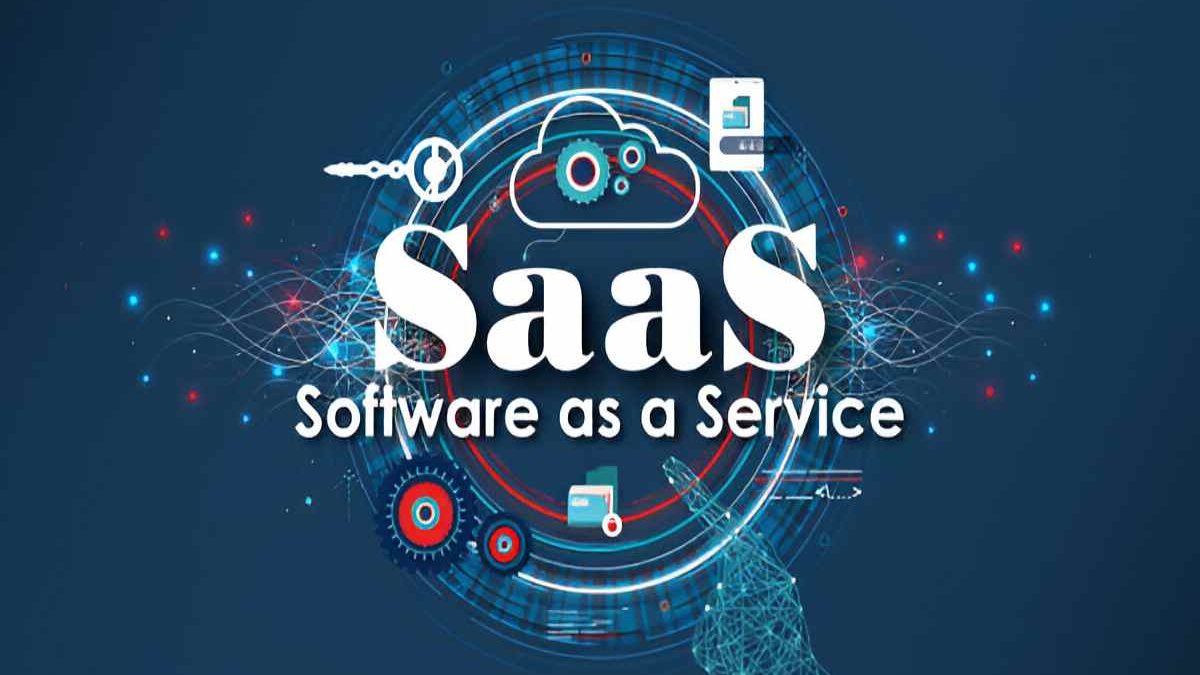Acquiring customers is just the beginning of a SaaS company’s journey. The real challenge lies in keeping them engaged, satisfied, and successful with the product. Without a strong customer success strategy, businesses risk high churn rates and missed revenue opportunities. A well-designed approach helps customers achieve their goals, which in turn drives long-term retention and growth.
Table of Contents
Customer Success vs. Customer Support
Many businesses mistake customer success for customer support. While support is reactive—assisting users when they encounter issues—customer success is proactive. It focuses on guiding customers toward meaningful outcomes using your product. A dedicated success team works to understand customer goals, anticipate challenges, and provide strategic guidance before problems arise.
Reducing Churn Through Proactive Engagement
One of the biggest threats to a SaaS business is churn. Customers leave when they don’t see value in the product, struggle with usability, or feel neglected. A proactive customer success strategy addresses these issues by keeping users engaged. Regular check-ins, onboarding assistance, and educational content ensure that customers experience the product’s full potential. Many businesses work with a B2B SaaS growth agency to develop retention-focused strategies that reduce churn and increase customer lifetime value.
The Role of Onboarding in Customer Success
First impressions matter, and onboarding is a critical phase in the customer journey. A seamless onboarding process ensures that users quickly understand how to get value from your software. Interactive tutorials, personalized walkthroughs, and dedicated onboarding specialists can make a huge difference. Successful onboarding leads to higher product adoption rates and fewer frustrations down the line.
Leveraging Data to Improve Customer Success
Understanding customer behavior is key to driving engagement. Tracking usage metrics, feature adoption rates, and customer feedback helps identify patterns that indicate potential churn risks. With this information, businesses can take targeted actions—whether through personalized training, feature recommendations, or tailored messaging. A B2B SaaS growth agency can help analyze these insights and create data-driven strategies to enhance customer success efforts.
Building a Scalable Customer Success Model
As SaaS businesses grow, they need scalable strategies to manage customer relationships efficiently. Self-service resources, such as knowledge bases, FAQs, and automated workflows, allow users to find solutions without waiting for support. At the same time, high-touch engagement should still be available for enterprise clients or customers with complex needs. Balancing automation with human interaction ensures that all users receive the right level of support.
Strengthening Customer Relationships with Personalization
Generic interactions won’t drive loyalty. Customers appreciate personalized experiences tailored to their specific needs and industry challenges. This could mean offering role-based training, sending relevant case studies, or providing account-specific insights. A thoughtful, personalized approach makes customers feel valued and increases the likelihood of long-term retention.
Turning Customers into Advocates
A strong customer success strategy does more than retain customers—it turns them into advocates. Satisfied users are more likely to refer others, participate in case studies, and leave positive reviews. Encouraging user-generated content, testimonials, and referral programs can further amplify customer advocacy. Partnering with a B2B SaaS growth agency can help develop structured programs that maximize word-of-mouth marketing and organic growth.
The Financial Impact of Customer Success
Investing in customer success isn’t just about improving user experience—it directly impacts revenue. Retained customers generate more revenue over time, have higher upsell potential, and require fewer resources than acquiring new customers. Studies have shown that even a small reduction in churn can lead to substantial revenue growth. A well-executed customer success strategy ensures sustainable profitability and competitive advantage.
Final Thoughts
For SaaS businesses, long-term success depends on more than just a great product. A proactive customer success strategy ensures that users achieve their goals, remain engaged, and become advocates for the brand. Whether through structured onboarding, data-driven engagement, or personalized support, businesses that prioritize customer success position themselves for sustained growth. Seeking expertise from a B2B SaaS growth agency can further refine these efforts, helping companies optimize retention and revenue.

